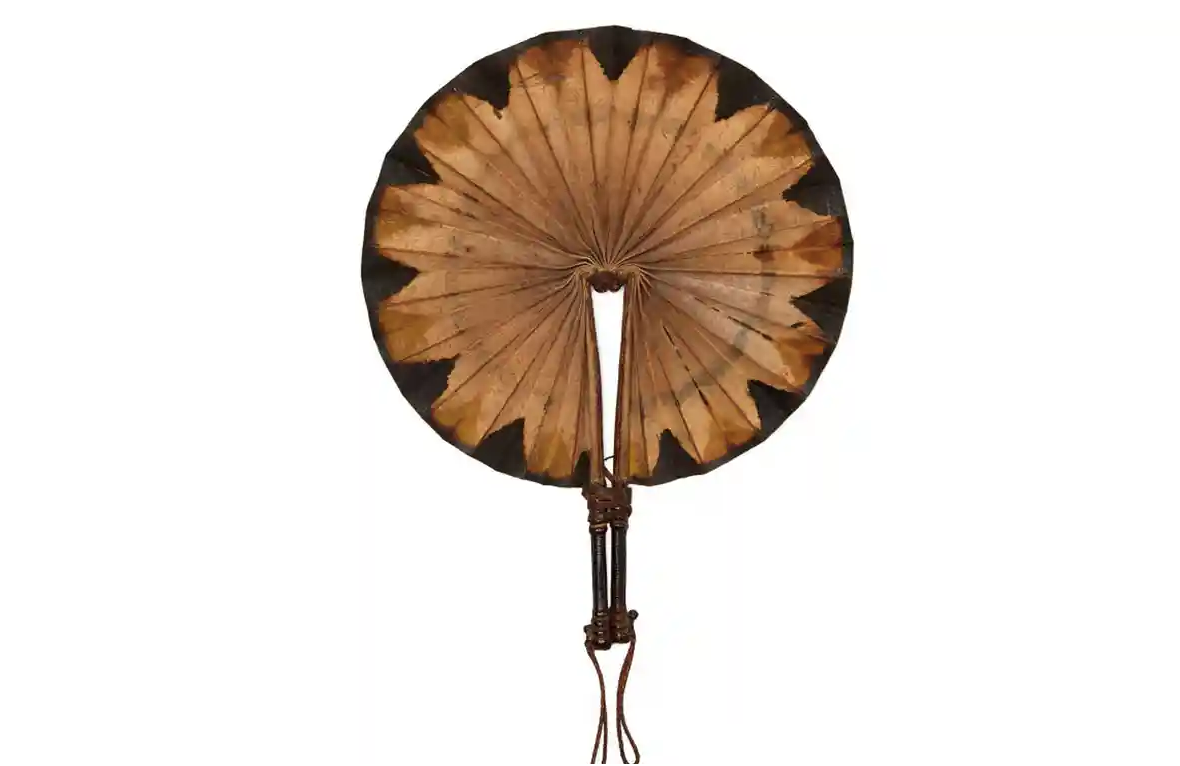Restitution of Nigerian artefacts at Horniman Museum
Benin bronze at the Horniman Museum (Photograph by Mike Peel)
Benin bronze at the Horniman Museum (Photograph by Mike Peel)
This month, The Horniman Museum and Gardens in London has agreed to return 72 objects - which were looted in 1897 by British colonists - to Nigeria. These include 12 brass plaques (known as Benin bronzes), a brass cockerel altar piece, a key to the King of Benin’s palace, ivory and brass ceremonial objects, brass bells and everyday items including fans and baskets. In many ways, the Horniman collection is typical of the Victorian era; the treasures were acquired through colonial power and brought back to Britain to be collected, displayed and studied (often by anthropologists or natural scientists). The Benin bronzes in the Horniman collection were among the approximately 2,500 objects (including over 1,000 bronzes) stolen by British troops during the Benin Expedition of 1897. The brutal and bloody attack on Benin City - in which civilians were widely targeted - marked the end of the Kingdom of Benin, and its absorption into colonial Nigeria.
Frederick John Horniman, ‘Black & White’ Parliamentary Album 1895, exact date and author unknown (Image: Wikipedia)
The museum was first established by Frederick Horniman (born 1835), a businessman and Member of Parliament, when he gifted his collection to the public in 1901. In recent years, the museum has made a concerted effort to highlight the uncomfortable histories behind the collection and its founder. It explains on its website: ‘[although] Frederick Horniman has historically been remembered through his museum as a social reformer who campaigned for the creation of the British Welfare State… it is important to remember that the wealth that enabled him to make his collection, build his museum, and campaign as a social reformer in Britain, was reliant on the exploitation of the people living in the British Empire.’
The Board of Trustees’ decision to return the objects to the Nigerian government makes The Horniman another institution in the growing number of European museums that are sending back looted artifacts and artworks to their countries of origin. According to a report in 2018, about 90% of Africa’s cultural heritage objects are believed to be held in Europe. Returning these objects to their home countries (an act referred to as ‘restitution’) is not only ‘a way of doing justice for past wrongs’, it finally allows people to have access to their own histories and culture. Earlier this year, The Smithsonian Institution in Washington, DC agreed to return most of its Benin bronze collection to Nigeria and, on 1 July, the German government signed a key agreement to transfer more than 1,100 works to Nigeria.
A pectoral mask (Photograph: The Horniman Museum/PA)
A fan (Photograph: The Horniman Museum/PA)
(Written by Esme Garlake on behalf of Athena Art Foundation, August 2022)




